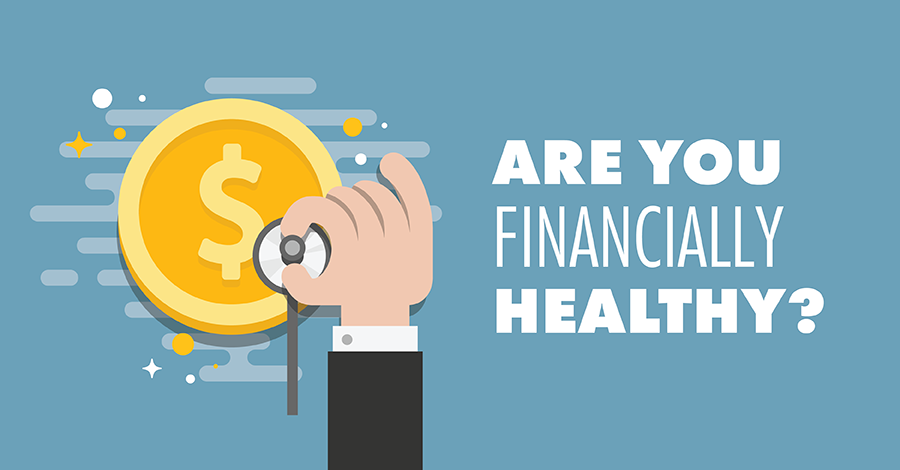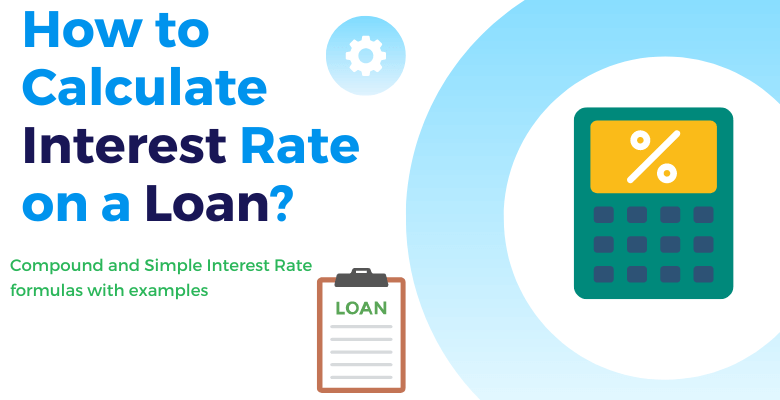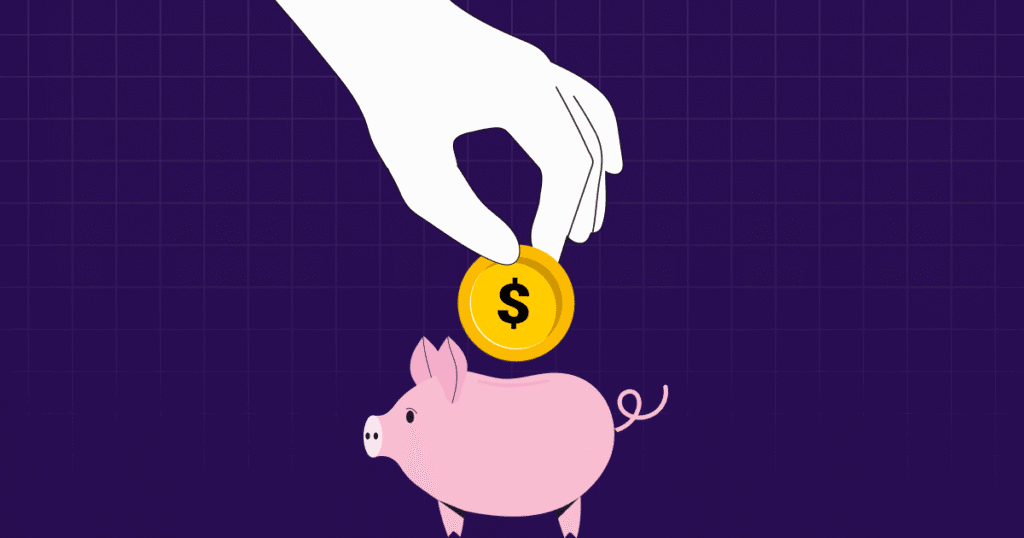Steps to Boost Your Financial Health: What does it mean to be financially healthy? It’s about having control over your finances, making informed choices, and planning for a stable future. When you know where your money is going, you can feel more confident and less stressed.
Achieving financial health doesn’t have to be hard. These key steps can help you reach your goals.
Simple Steps to Boost Your Financial Health are:
| Action | Why It Matters |
|---|---|
| Automate Your Savings | “Pay yourself first” ensures consistent saving before you spend. |
| Create a Usable Budget | Helps track spending, set goals, and stay on course. |
| Monitor Your Credit Score | A strong score saves you money and unlocks better financial opportunities. |
| Think Long-Term (Retirement & Investments) | Early planning secures your future and reduces financial anxiety later. |
| Protect Your Mental & Emotional Wellness | Reduces stress and builds financial confidence. |
| Use Free Financial Resources | No-cost tools and education improve your literacy and decisions. |
| Get Professional Guidance | Expert advice offers personalized planning and avoids costly mistakes. |
Automate it
One of the simplest ways to improve your financial health is by automating your savings. Set up automatic transfers into savings accounts as soon as you get paid. This “pay yourself first” strategy ensures that you prioritize saving for future goals before spending on immediate desires.
Not sure how much to save? Try starting with one month of expenses and work your way up to the expert-recommended six months.
Create a budget you can actually use
Budgeting let you down in the past? The system may not have been right for you. The key is to find a budgeting approach that suits your lifestyle and goals.
Look for a system that allows you to easily monitor your spending, categorize expenses, and set financial targets. Many approaches also offer the ability to link your bank accounts, giving you real-time visibility into your finances and helping you stay on track with your financial goals. Whether you prefer a simple spreadsheet, a manual method, or a more structured approach, the important thing is consistency and ensuring it aligns with your financial priorities.
Financial Health Checklist
| Task | Frequency | Tools/Resources |
|---|---|---|
| Set up automatic savings | Once | Bank app / Direct deposit |
| Track and adjust your budget | Monthly | Spreadsheet / App (Mint, YNAB) |
| Check your credit report | Annually | AnnualCreditReport.com |
| Pay off high-interest debt | Ongoing | Snowball / Avalanche method |
| Contribute to retirement account | Every paycheck | 401(k), IRA, Roth IRA |
| Practice mindfulness around money | Weekly | Journaling / Financial planner |
| Read financial blogs & attend webinars | Monthly | Blogs, YouTube, online courses |
| Meet with financial advisor | Yearly or as needed | Chevron FCU Video Banking |
Keep tabs on your credit score
Your credit score has a direct impact on your financial health, affecting everything from your ability to get a loan to the interest rates you’ll pay. Reviewing your credit score regularly and working to improve it can save you thousands in interest over the long run.
Be sure to check your credit report annually for errors or fraudulent activity. Pay off high-interest debt first, and use credit responsibly by keeping your credit utilization ratio low and making timely payments.
Start thinking long-term
Retirement might feel like a distant goal, but the earlier you start planning, the better. Many people still aren’t saving enough for retirement, leaving them with a financial gap when they can no longer work. It’s important to set up automatic contributions to your retirement fund. Consider maxing out your employer’s 401(k) match or opening an IRA to take advantage of tax benefits.*
Invest in your mental and emotional health
Take care of your financial mindset. Financial stress can have a significant impact on your overall well-being, so it’s important to have the mental tools to handle your finances with confidence. Practice mindfulness, stay organized, and seek professional advice when needed.
Don’t hesitate to consult with a financial advisor if you’re feeling overwhelmed. A professional can help you make informed decisions and build a roadmap to achieving your financial goals.
Take advantage of free resources
You don’t need a master’s degree in economics to achieve financial stability. There is a wealth of resources available to help you improve your financial literacy, from free online courses and financial blogs to interactive calculators and webinars.
For a complimentary Financial Assessment, schedule a Chevron FCU Video Banking session to meet with a team member over video from your computer or mobile device. You can discuss your financial needs and goals and enjoy personalized service from wherever works best for you.










